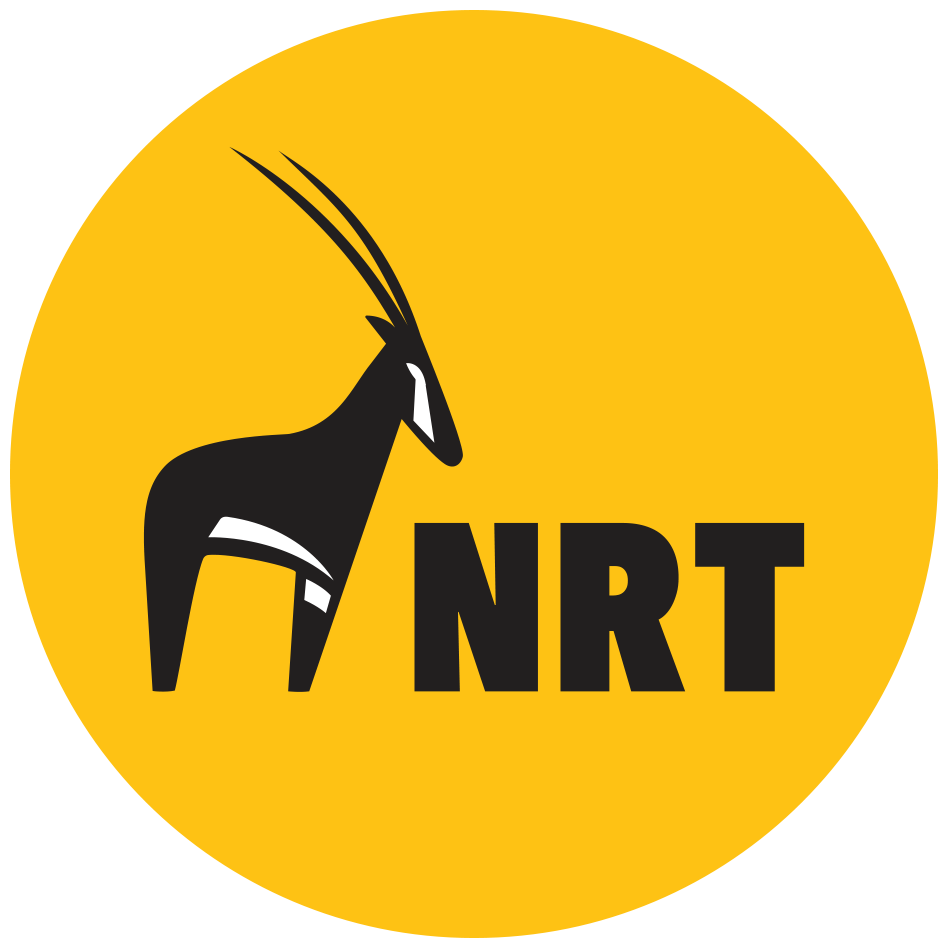NRT and Danish Embassy Partner to Enhance Sustainability Across Kenyan Conservancies
Nancy Njenga, Programme Manager for Climate and Resilience at the Embassy of Denmark in Kenya, celebrates the launch with a ceremonial cake cutting, marking a milestone in community-led climate initiatives
The Northern Rangelands Trust (NRT) has long believed that strategic partnerships are key to building climate resilience and sustainable livelihoods across the remote landscapes of northern and coastal Kenya. On the 27th of May 2025, that belief was reaffirmed during the official launch of the Nature-Based Solutions, Water Access, and Renewable Energy Grant, funded by the Danish government through the Embassy of Denmark in Kenya.
Held at NRT headquarters, the colourful ceremony marked the beginning of a new three-year grant (2025–2028), worth DKK 50 million (Ksh 907.9 million), aimed at strengthening community access to water and renewable energy, while scaling up nature-based solutions such as agroforestry, sustainable agriculture, mangrove conservation, and forest and rangeland restoration across NRT-member conservancies.
Since 2012, the Danish government, through the Danish International Development Agency (DANIDA), has invested over DKK 200 million in NRT’s resilience initiatives via Denmark’s Climate Envelope, a financing mechanism for climate mitigation and adaptation in developing countries.
“We have seen how NRT has transformed lives in northern and coastal Kenya through previous projects,” said Nancy Njenga, Programme Manager for Climate and Resilience at the Embassy of Denmark in Kenya, during the event. “We are confident that NRT will continue to deliver impactful results for the benefit of local communities.” Ms Njenga explained that the Embassy’s focus is to see local communities, especially women and marginalised groups, benefit from natural resources for the improvement of their livelihoods.
Throughout the event, participants reflected on the strength and depth of the NRT-Danish Embassy partnership. Together, the two institutions have delivered major gains, from strengthening governance in conservancies, improving clean water and energy access, and supporting Vision 2050, to enhancing NRT’s institutional capacity through operational support.
First-hand stories from the field brought the impact to life. Community representatives from Naibunga Community Conservancy shared how previous Danish support helped drive youth and women empowerment through vocational training, business development, and grassroots entrepreneurship under MashinaniWORKS’ programmes.
Virtually joining the event, the leadership of Ngare Ndare and Kiunga Community Conservancies recounted how Danish funding has enabled community-led reforestation, improved water resource management, and sanitation initiatives that have increased local climate resilience.
According to Dida Fayo, NRT’s Project Manager for the new grant, the intervention is a direct response to escalating climate shocks across the region:
“The trajectory of climate change has been devastating for pastoral communities—from prolonged droughts to sudden flash floods that have wiped out large herds. This grant will enable us to expand access to reliable water sources for people, livestock, and wildlife, while scaling up clean energy solutions like household biogas to reduce reliance on firewood and curb deforestation and emissions.”
Mr Fayo further notes that the grant will support forest and rangeland restoration across three key ecosystems: terrestrial forests, riverine zones, and open rangelands, while encouraging climate-smart food production to boost both nutrition and natural resource conservation.
In Ngare Ndare Community Conservancy, Denmark’s support has helped establish 15 community-run nurseries producing over 100,000 exotic and native tree seedlings annually. The Adopt-a-Tree programme in schools teaches children to nurture tree seedlings, promoting reforestation while securing wood for school infrastructure.
“Thanks to our reforestation efforts, we have restored degraded landscapes and improved catchment areas,” says Peter Kiptanui, Ngare Ndare’s Conservancy Manager. “We have also created jobs, and now run eco-tourism ventures that generate revenue for community development, including education bursaries and infrastructure.”
The grant’s impact is also felt at the household level. Peter Kimathi, a subsistence farmer and conservancy member, shared how biogas has transformed his home life.
“I used to spend a lot repainting my smoke-stained kitchen. Now, I just feed manure and farm waste into the digester and we have clean, smokeless cooking energy,” he explains. “It’s labour-saving, healthier, and very economical.” With palpable joy in his smile, he notes, “I’m grateful to NRT and the Danish Embassy.”
With this new chapter, NRT and the Royal Danish Embassy are deepening their shared commitment to community-led conservation, building a more climate-resilient, inclusive, and sustainable future for the communities we serve.

